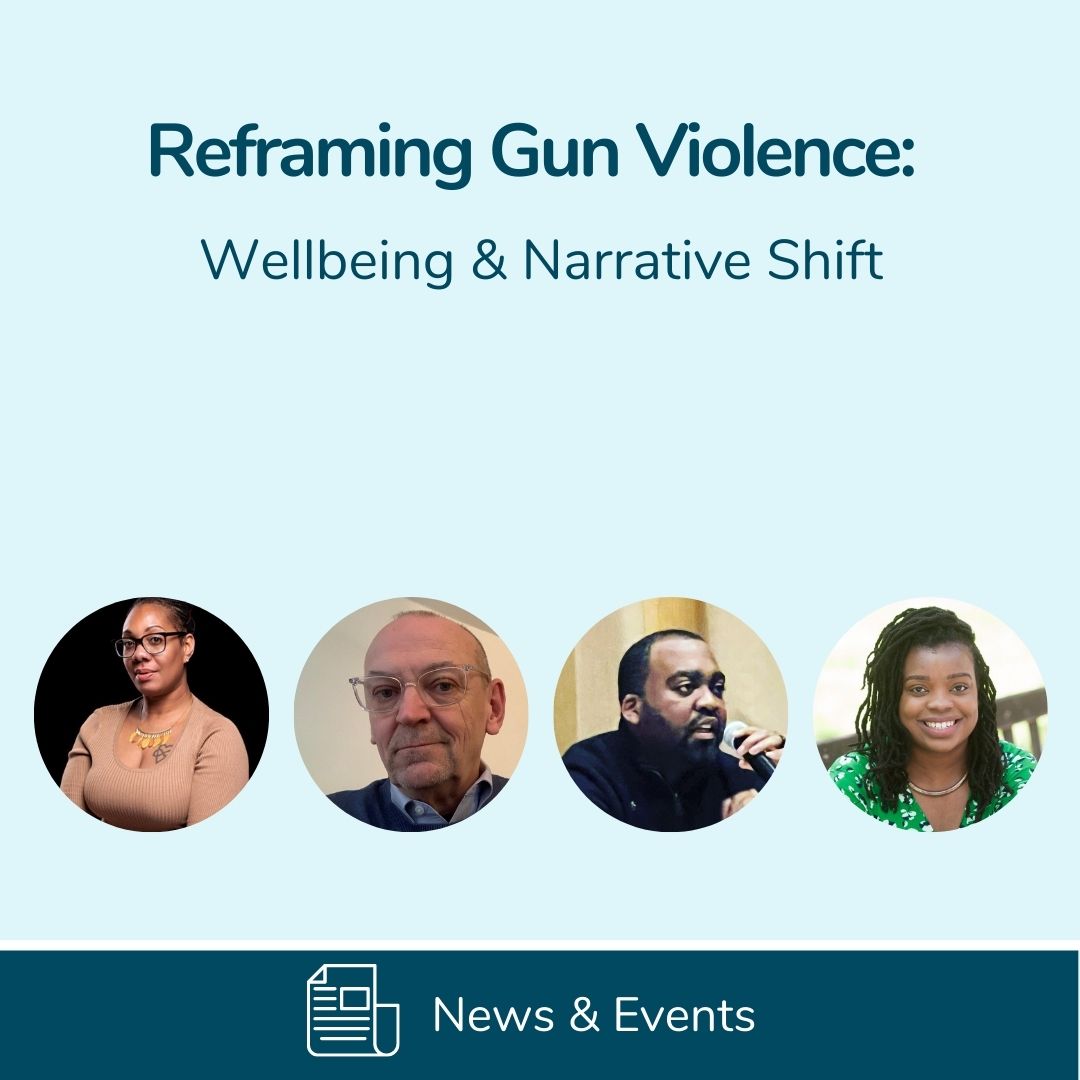
As common as instances of gun violence in the United States is media coverage of these horrific acts. These stories shape our perception of victims, perpetrators, the causes and the solutions, driving assumptions that can limit access to wellbeing. What new solutions could we unlock by fundamentally shifting the way we talk about violence and other pressing issues of our time?
Watch the replay of our webinar “Reframing Gun Violence: Wellbeing & Narrative Shift” to hear from leaders who are advancing new narratives about violence for a conversation on how the stories we tell can lead to accountability, healing and prevention. During the conversation our speakers shared about their experiences with public safety reporting and called for shifting the power from media and institutions to survivors and impacted communities.
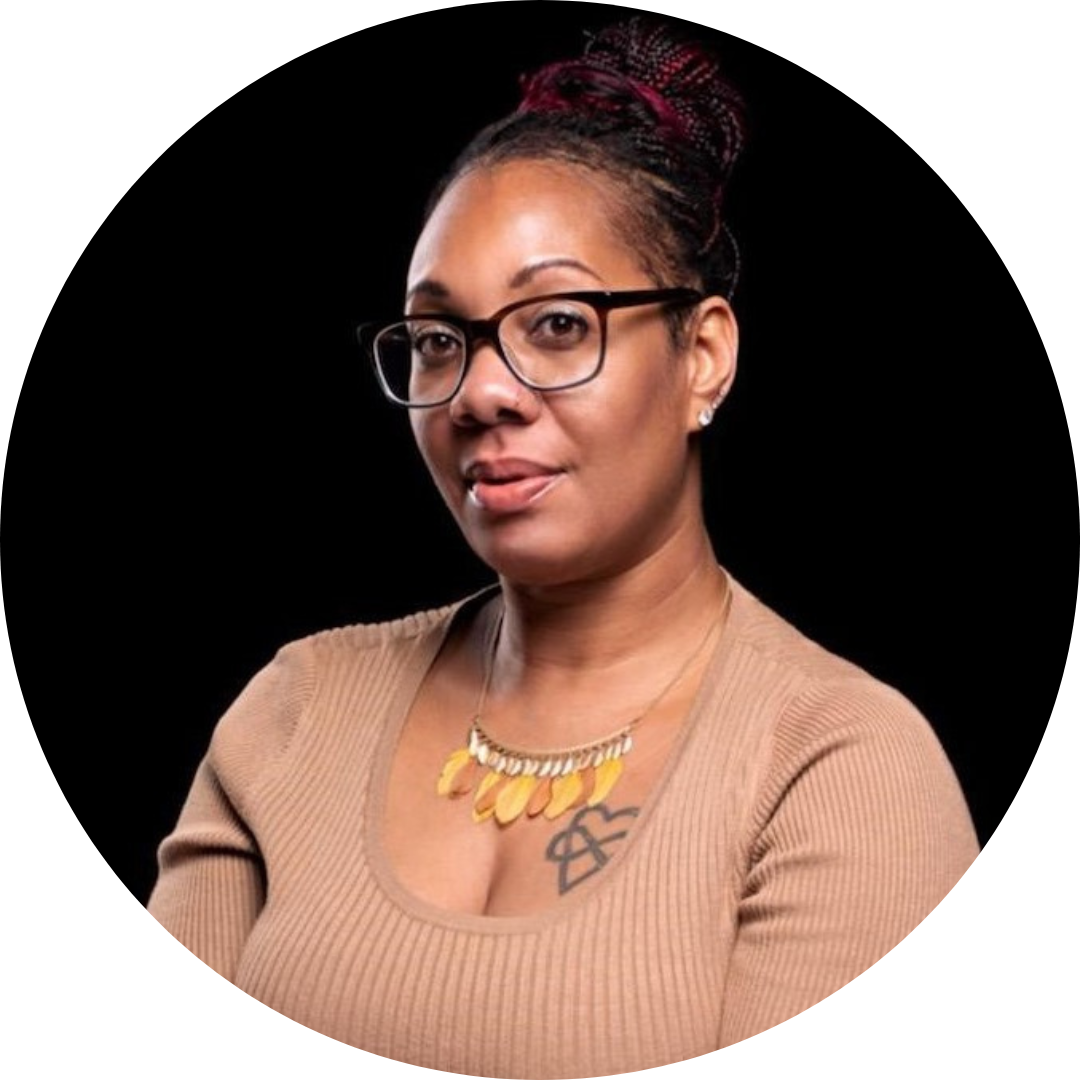
Maxayn Gooden is the founder and director of Jahworld_18 and womenofvalor74. Maxayn is also the Community Engagement Manager for the Philadelphia Center for Gun Violence Reporting where she started as a Credible Messenger and produced a documentary called Lasting Impact. She is also the Executive Assistant for the Philadelphia’s Office of Violence Prevention.
Maxayn’s journey began in November 2017, when her 18 year old son Jahsun Patton was innocently shot to death while visiting a family member in Harrisburg. Since then Maxayn has dedicated her life to heal and help communities from generational trauma and losing a loved to gun violence. Maxayn was featured on a Netflix Documentary called Worn Stories, which shared the story of her son, and has spoken at many schools and other places including the state capitol regarding gun violence and the effects it has on communities and families. Maxayn is currently working on a book called Different People, Different Stories, Same Grief that is set to be released November of 2023.
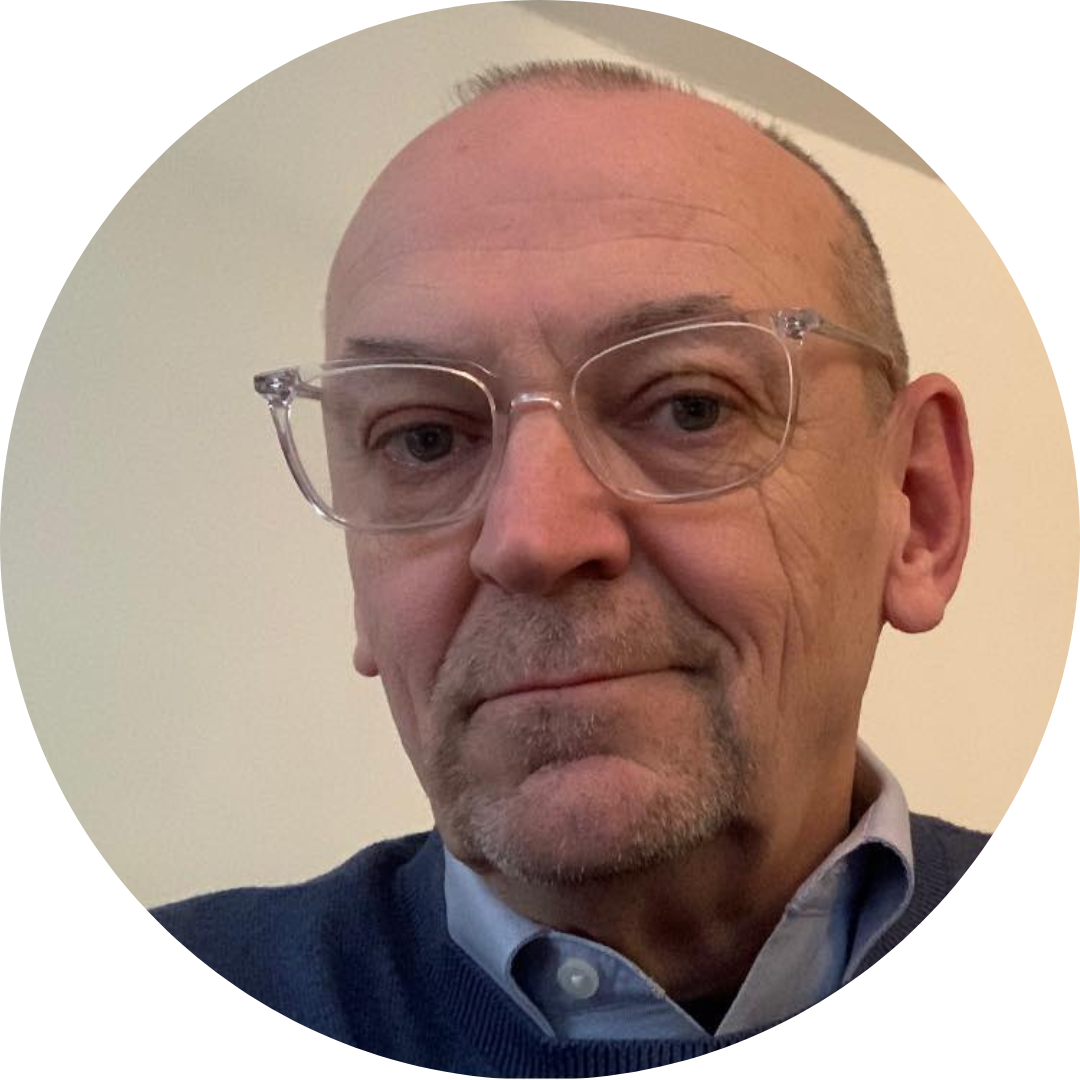
Jim MacMillan is the founder and director of the Philadelphia Center for Gun Violence Reporting. He has been a fellow at the Reynolds Journalism Institute, the Dart Center for Journalism and Trauma and the Knight-Wallace Fellows, as well as a visiting assistant professor at the University of Missouri School of Journalism and Swarthmore College. Previously, MacMillan spent 17 years at the Philadelphia Daily News and photographed the war in Iraq for The Associated Press, after which he and his team were awarded The Pulitzer Prize.
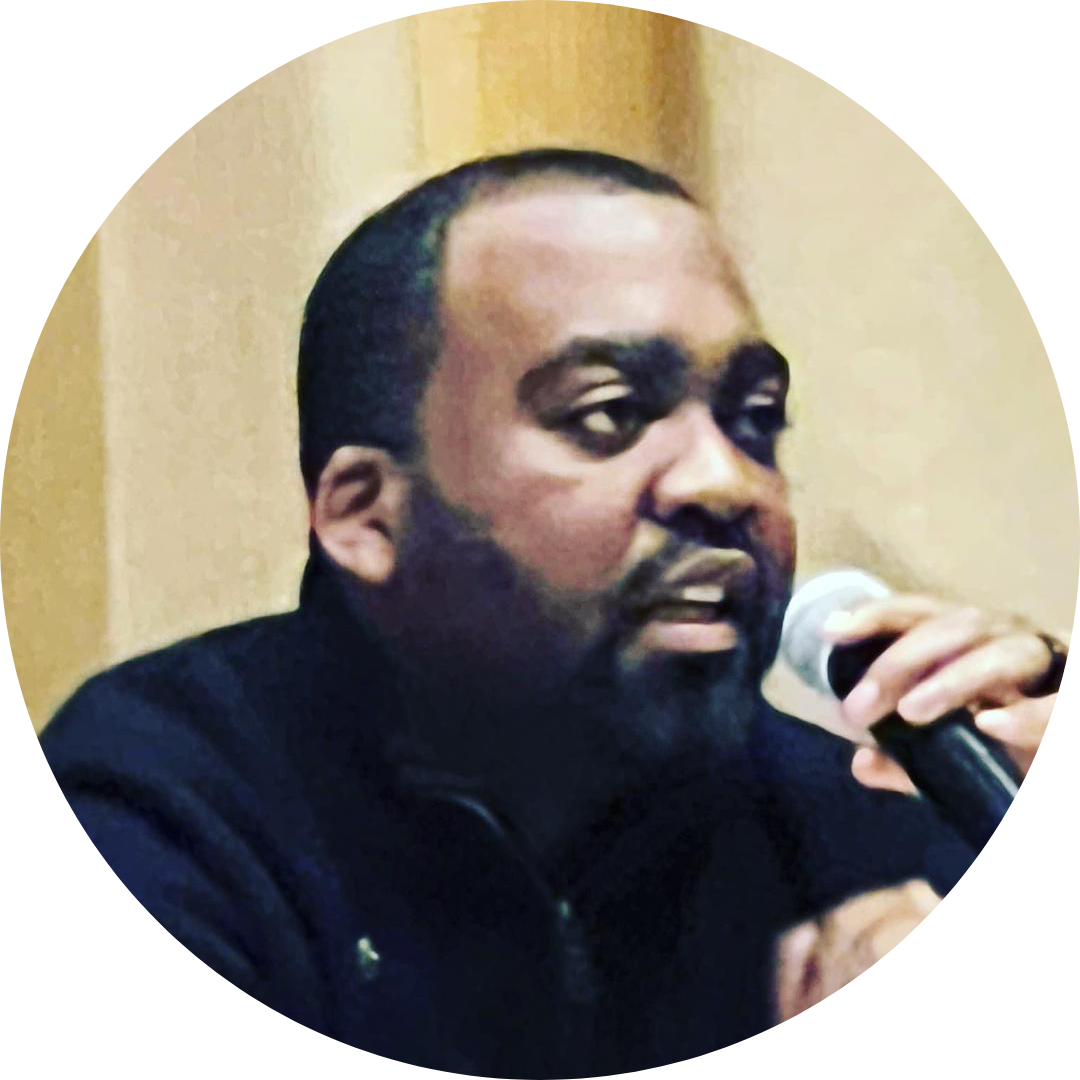
Oronde McClain is the founder of the Oronde McClain Foundation and a survivor of gun violence. In April 2000 at the age of 10, Oronde was shot in the head while walking in his Mt. Airy neighborhood. He was in a coma for a month, was unable to talk or walk for 18 months.
Today, Oronde is a full-time father of five, a loving husband, and a college graduate who works as a Mental Health Technician for the Veteran Affairs Hospital . The Oronde McClain Foundation advocates for gun violence prevention and help gun violence survivors.
Oronde leads peaceful protests, hosts events to give back to the community, tells his story, and educates others on the effects of gun violence on his own life and the lives of children in general. This year Oronde joined the Philadelphia Center for Gun Violence Reporting as the organization’s first Credible Messenger Newsroom Liaison.

In her role as Black Media Initiative Director for the Center for Community Media at the Newmark J-School, Cheryl Thompson-Morton works to support Black media outlets through training, research, convenings, and connecting them to financial resources. Cheryl also currently leads Poynter’s Transforming Crime Coverage to Public Safety coverage class, a change management program made to make reporting of crime more ethical. Previously, she was program manager for the Lenfest Institute for Journalism in Philadelphia, where she created, launched, and executed several initiatives to increase equity in news media. These include the Lenfest Next Generation Fund, the Community Listening and Engagement Fund, and the Philadelphia News Ecosystem Collaboration Grant Program.
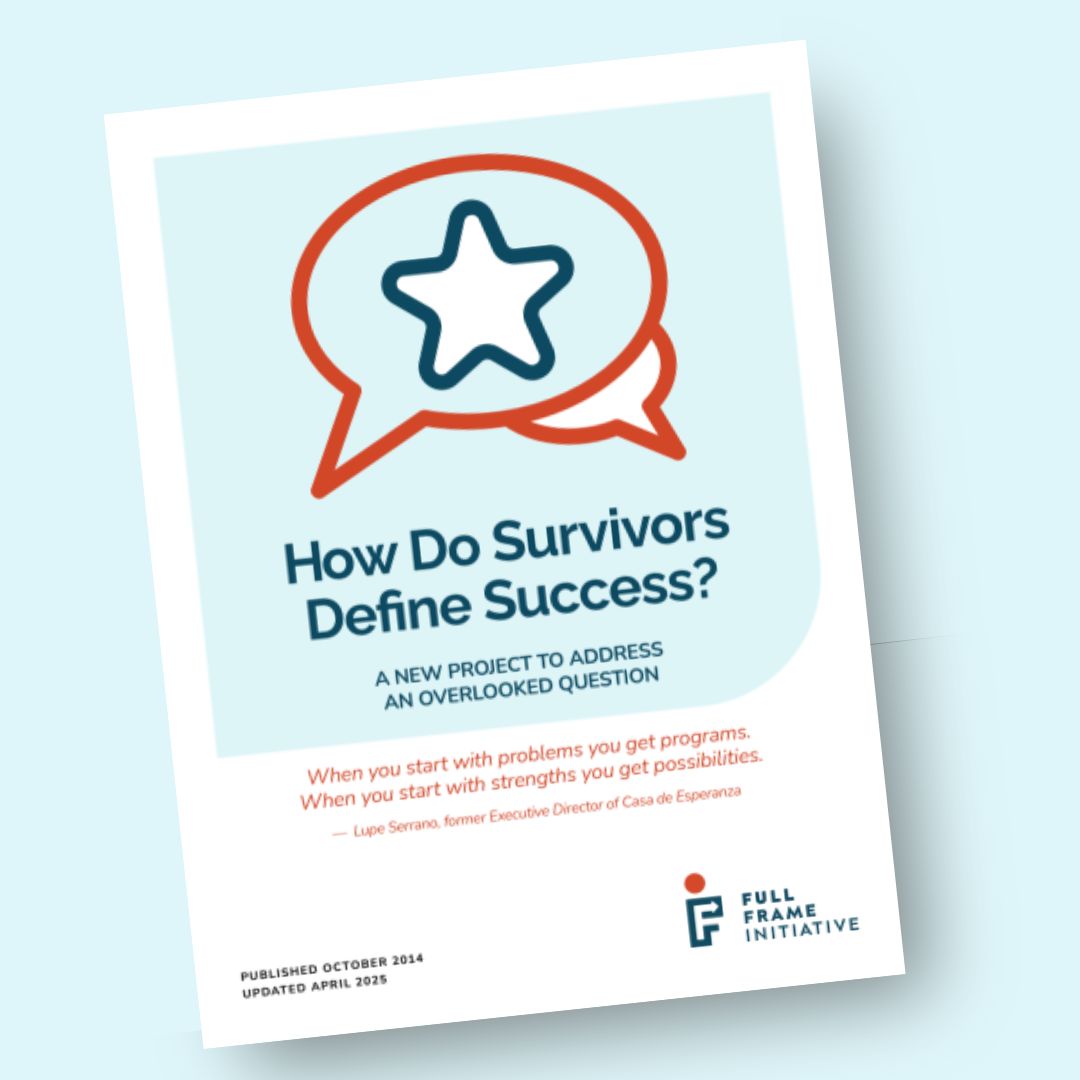
Policymakers, funders and organizations focus on survivors' safety to evaluate the effectiveness of domestic violence programs. We asked survivors how they define success and found a different answer.
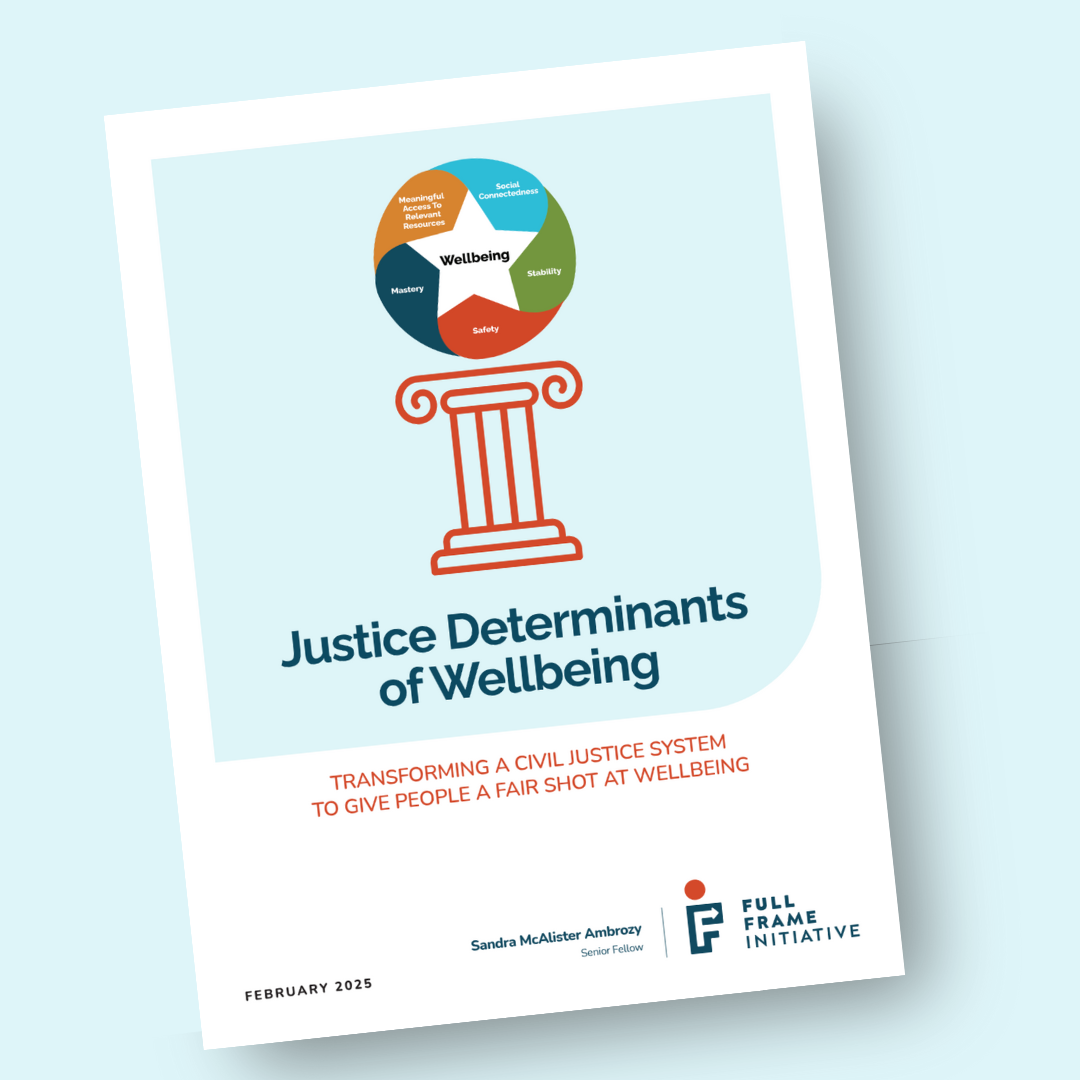
The Justice Determinants of Wellbeing outlines concrete changes to transform the civil legal system into a civic justice system that advances equity and centers wellbeing.
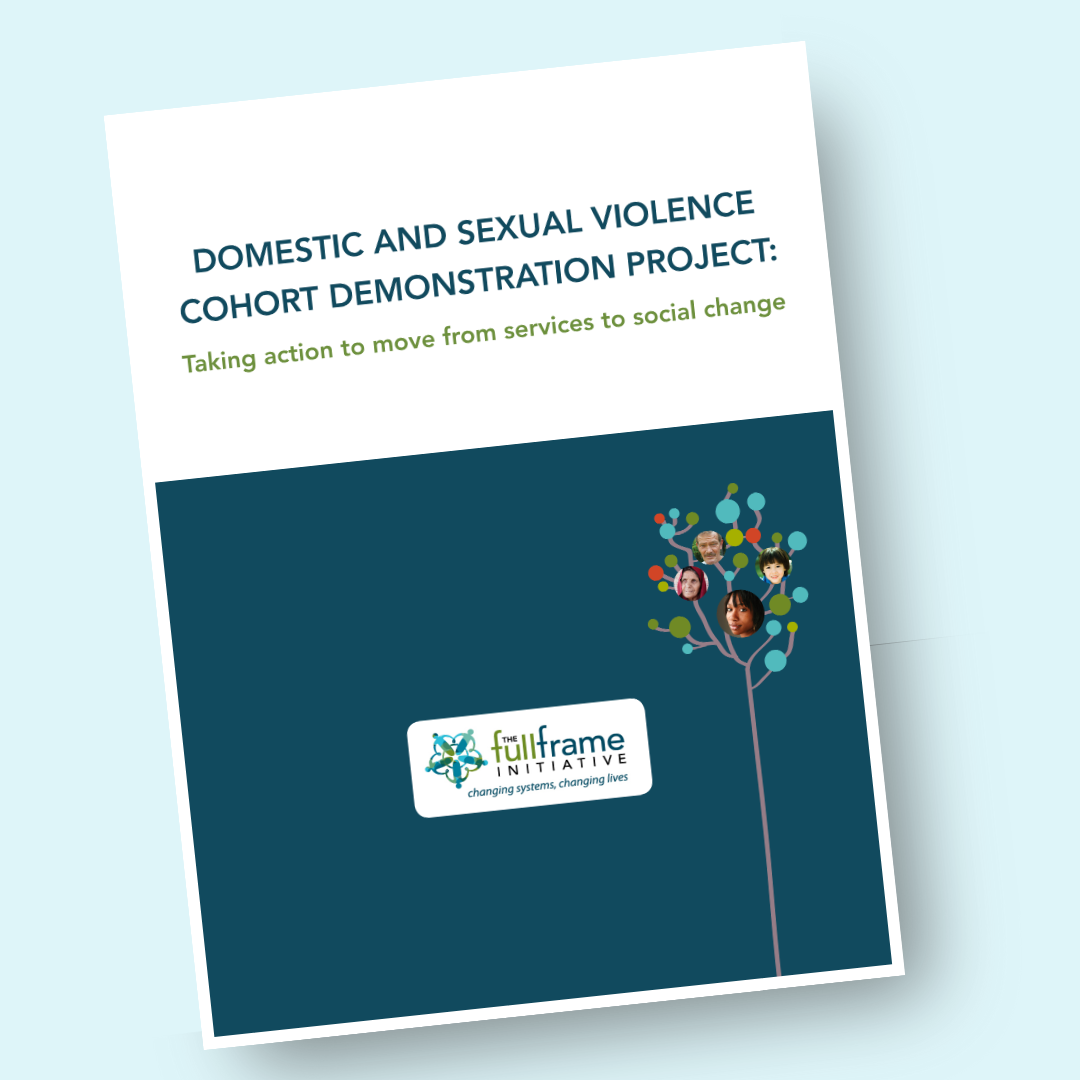
FFI convened a cohort of domestic and sexual violence programs and the group reported on their experiences and recommendations for shifting the field.